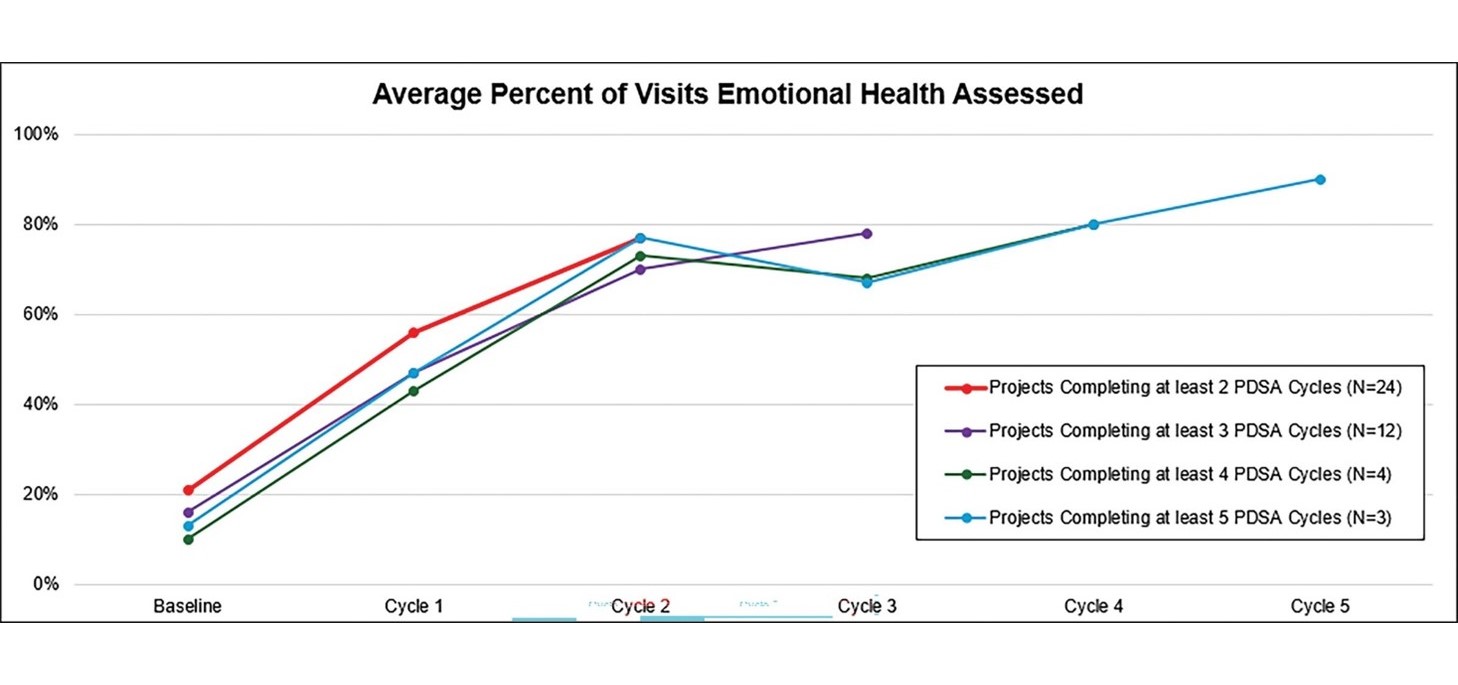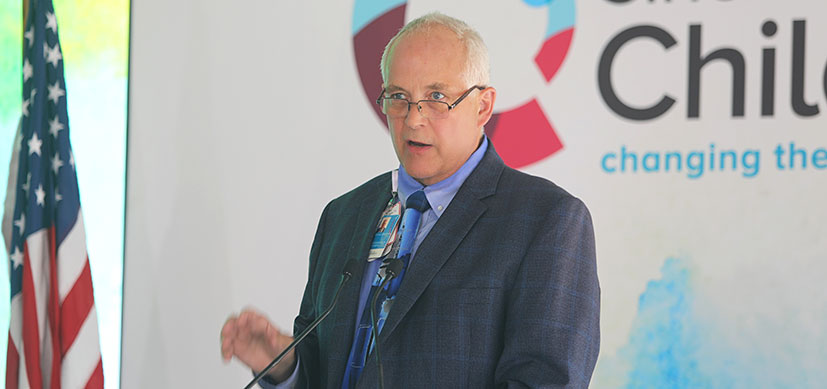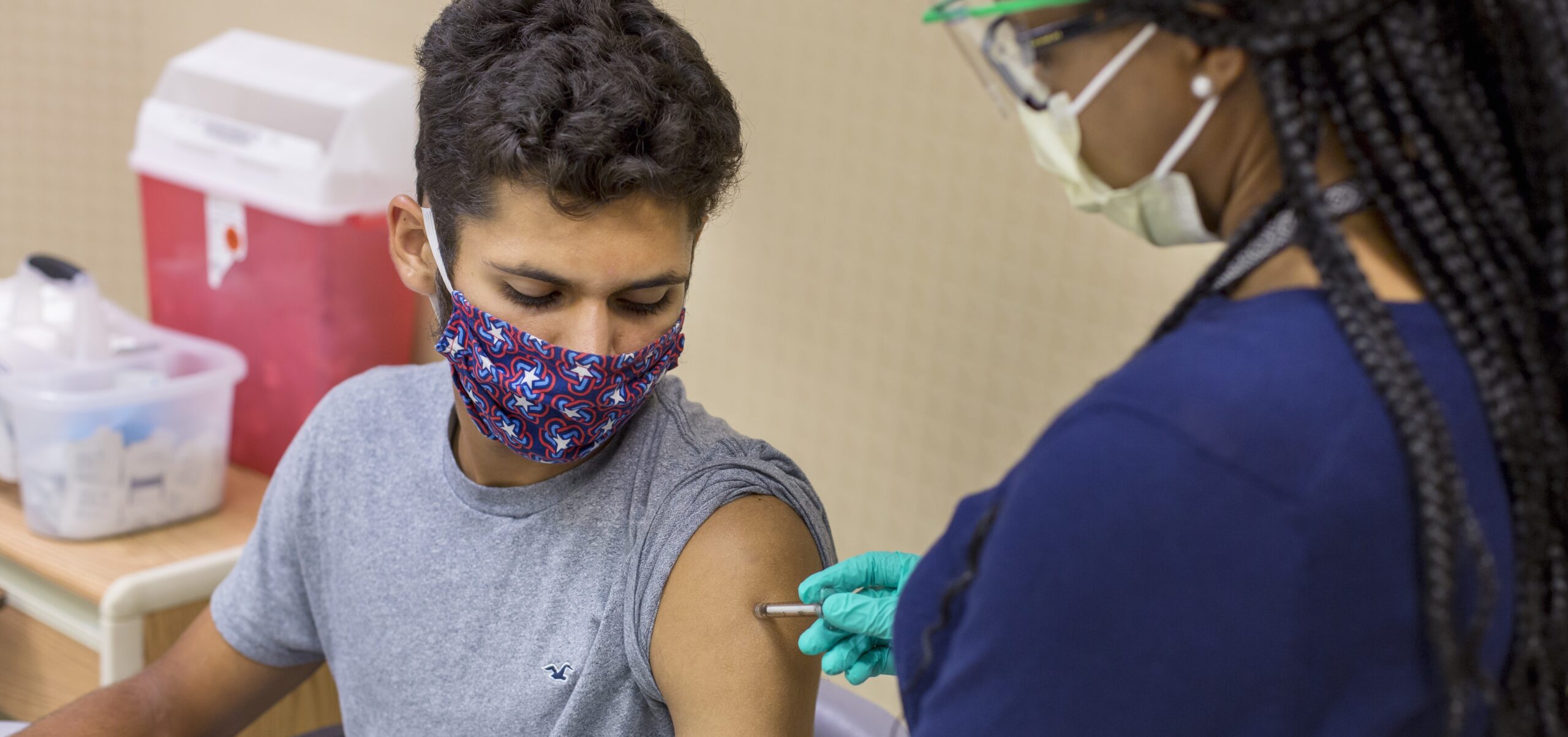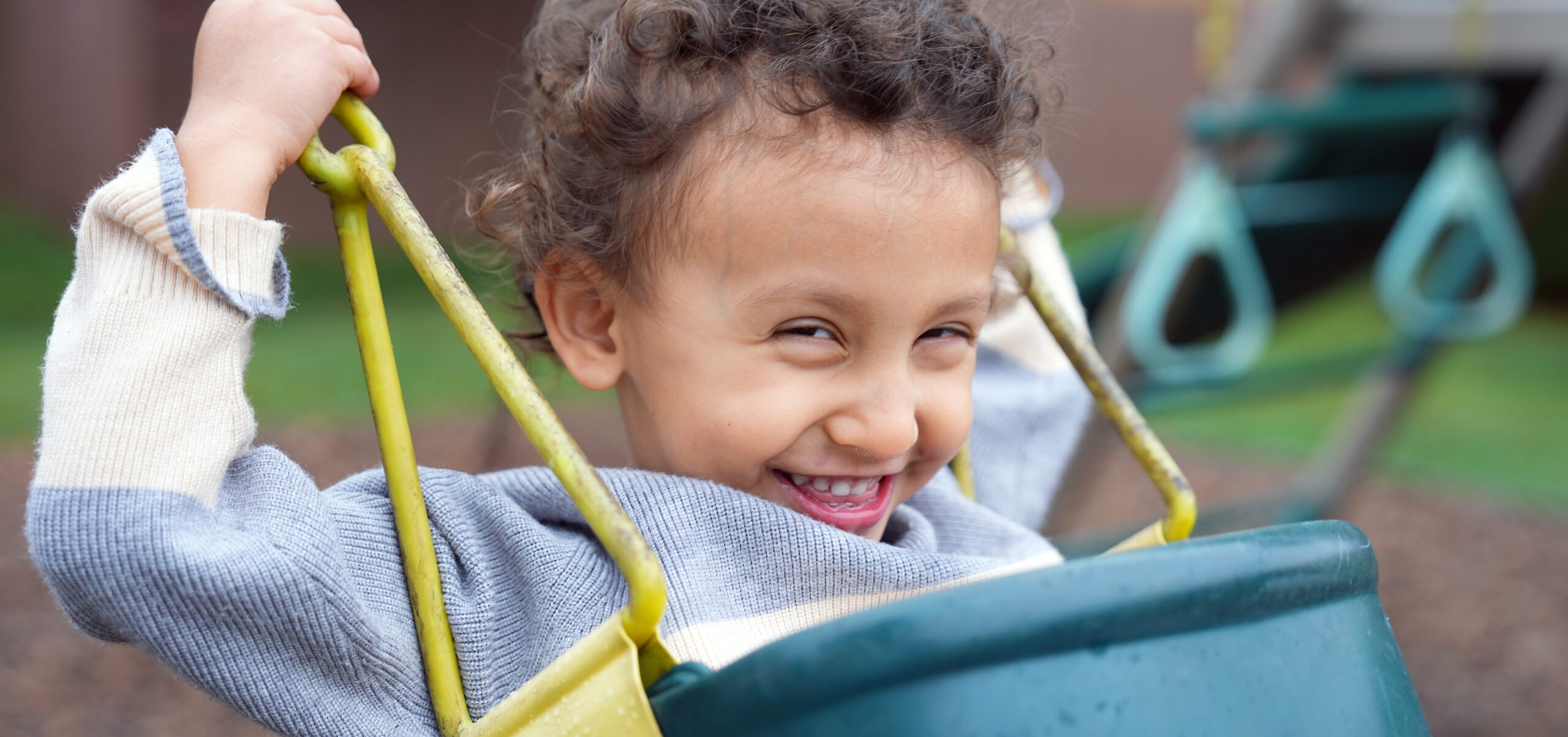Reflecting on the 2024 AACAP Conference: Why I Keep Coming Back
Post Date: October 21, 2024 | Publish Date:
Post Written by Martine Lamy, MD, PhD, Associate Chief of Staff for Mental Health and Medical Director, Neurobehavioral Psychiatry Continuum of Care
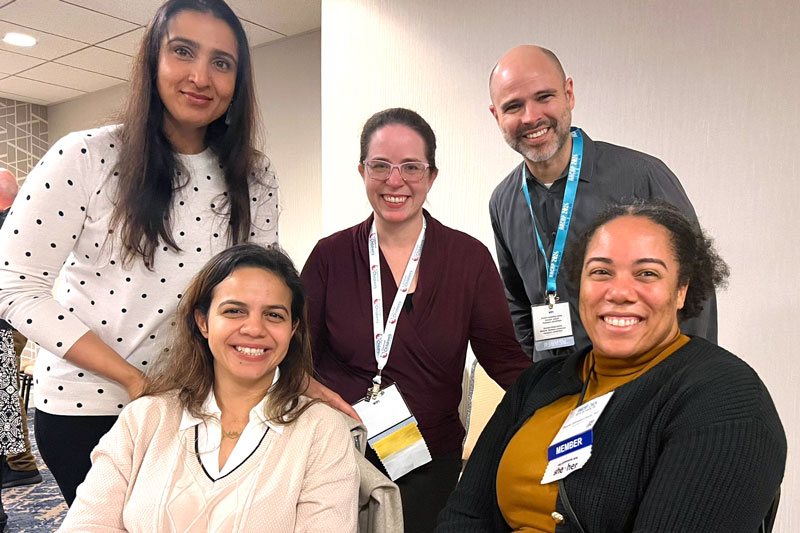
Every year, I eagerly await the annual AACAP (American Academy of Child and Adolescent Psychiatry) conference. Since my days as a triple board resident at Cincinnati Children’s, I haven’t missed a single one!
This conference offers an incredible chance to connect with child psychiatry colleagues from across the country and around the globe, all sharing a dedication to advancing youth mental health. Together, we’re committed to research, advocacy, education, and building partnerships with community organizations to enhance the lives of children and families. The friendships and professional connections I’ve made at AACAP have become an annual highlight for me.
This year, I was particularly inspired by the impressive lineup of presentations from our Cincinnati Children’s trainees, alumni, and faculty, who showcased such diverse approaches to improving access to evidence-based mental health care for vulnerable groups like youth in foster care, families impacted by severe mental illness, and others facing significant social and structural barriers. Cara Fosdick, MD, an outpatient neurobehavioral psychiatrist, captured the essence of this work when she shared this perspective with me: “When in doubt, slow down and listen to the patient. Well-meaning physicians have perpetuated injustice and harm when oversimplifying cases and not accounting for the effects of foster care involvement, racism, and psychosocial barriers to accessing health care.” Her words remind us of the depth and thoughtfulness needed to ensure every patient and family feels seen and understood.
I had the opportunity to share our team’s best practices for inpatient psychiatric care of youth with neurodevelopmental disorders and joined an important conversation in the Systems of Care Committee about how health systems can take a more proactive, population-based approach to early identification and treatment for pediatric mental health. Spending time at the Cincinnati Children’s booth was also a highlight of my experience. It enabled me to connect with trainees eager to advance their careers at Cincinnati Children’s, meet potential new collaborators, and engage with Cincinnati Children’s colleagues and alumni who are making a difference in pediatric mental health nationwide.
Some standout sessions included a panel featuring Rena Sorensen, PhD, where she highlighted the impact of our Behavioral Safety Team (BST) at Cincinnati Children’s on improving safety for both patients and staff in medical units. Dr. Sorensen serves as BST’s Behavioral Programming director and a staff psychologist for Neurodevelopmental and Behavioral Psychology. Her work underscores the critical role of teams like BST in ensuring that patients with disabilities and behavioral health needs receive timely medical care.
The “Resident as Teacher” session, led by Katherine Soe, MD, an attending physician and psychiatrist, and Brian Kurtz, MD, an attending psychiatrist and director of the Child and Adolescent Psychiatry Residency Training Program, alongside colleagues from other top institutions, focused on empowering medical trainees with skills to navigate the “Hidden Curriculum.” It was fantastic to see such an emphasis on teaching residents and fellows how to promote equity and inclusivity in clinical training. Dr. Kurtz shared his own reflections on participating in this year’s conference: “While the pace of scientific advancement in mental health continues to accelerate, our north star will always be our commitment to the patients and families we serve. And despite the shortage of child and adolescent psychiatrists nationwide, our community is strong. Connecting with our colleagues and our own sense of purpose as physicians helps renew our passion for the work we do.”
The James C. Harris, MD, Developmental Neuropsychiatry Forum also stood out, where Kelli Dominick, MD, PhD, who leads our newly established Interventional Psychiatry program, shared new data on diagnosing and treating pediatric catatonia in youth with neurodevelopmental disorders. After her presentation, Andrew Francis, MD, a psychiatry professor at Penn State College of Medicine who created the Bush-Francis Catatonia Rating Scale (BFCRS), joined Dr. Dominick for a Q&A session that continued for over 90 minutes—a testament to the depth of interest and engagement around this important topic.
One of the highlights of my experience was joining a group of leaders from children’s hospitals across the country in a special program to discuss a new behavioral health leadership collaboration sponsored by the Children’s Hospital Association (CHA). We explored effective strategies for coordinating mental health services for youth and the importance of investment in transforming care at a systemic level. I was able to highlight some of the amazing work being done at Cincinnati Children’s to move towards a more proactive system of mental health care, and how this improves outcomes such as reduced need for crisis mental health care and inpatient psychiatry admissions. These conversations are crucial as we strive for coordinated, sustainable change in youth mental health care.
Additionally, wellness and burnout in healthcare professionals were major themes this year, and Katherine Harris, MD, a psychiatrist and program director for the Triple Board Residency Program, described it best: “The sessions on wellness and burnout were particularly powerful, underscoring the differential impact to female and minority physicians and healthcare workers, with a need to promote system-based initiatives to improve wellness, rather than putting the burden on individuals.” Her words resonate deeply in a field where sustainable, systemic change is needed to support those on the frontlines of care.
I’m so grateful to everyone who made this year’s AACAP conference such a success, and I’m already looking forward to next year. Events like this fuel my commitment to improving mental health care for all children, and I’m inspired to bring back what I’ve learned to our community.
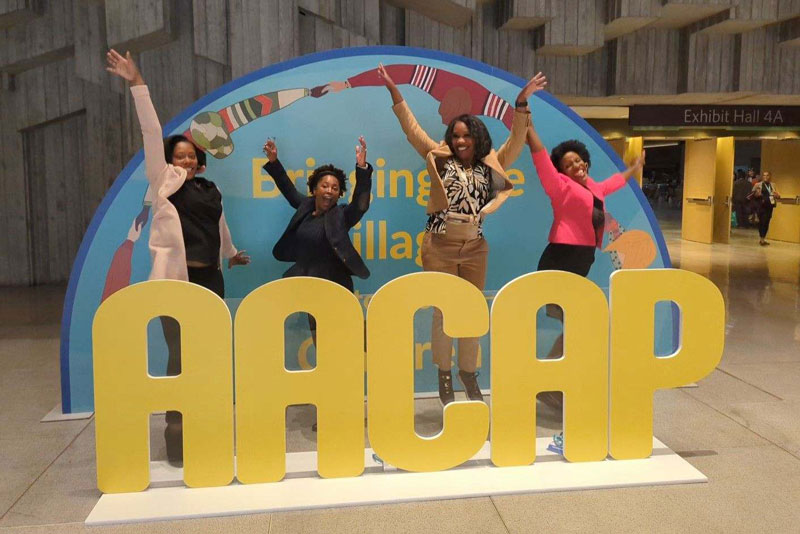
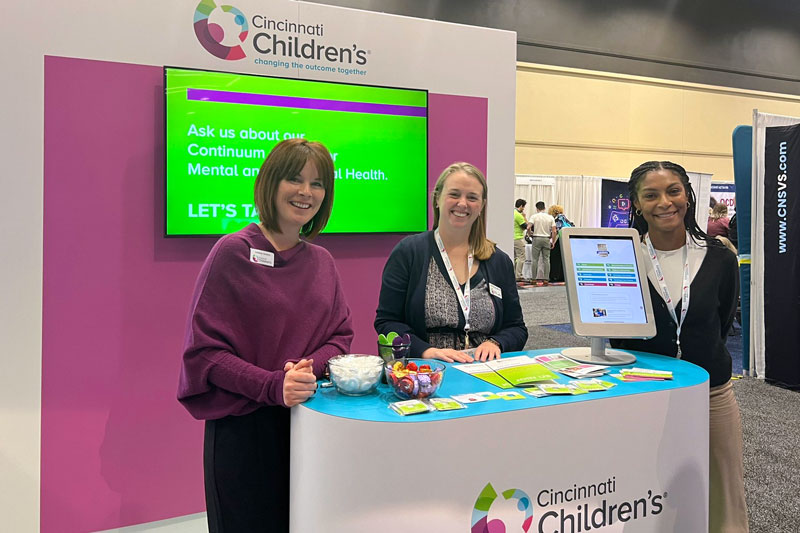
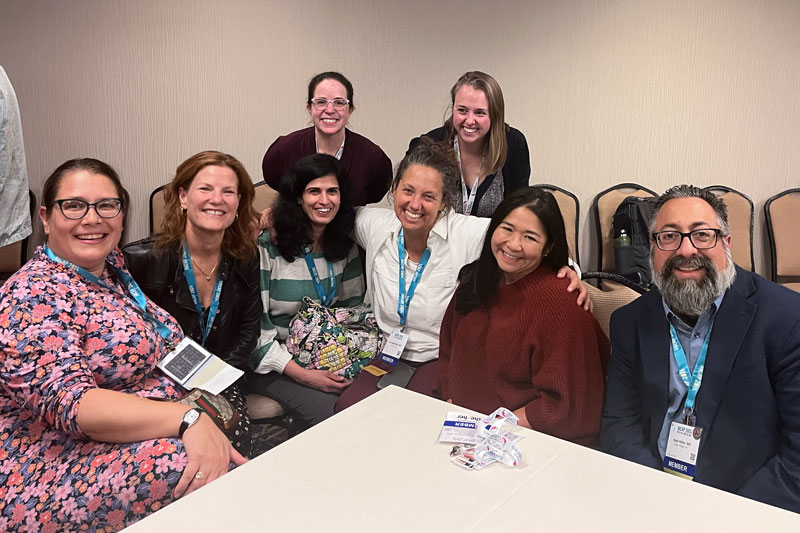
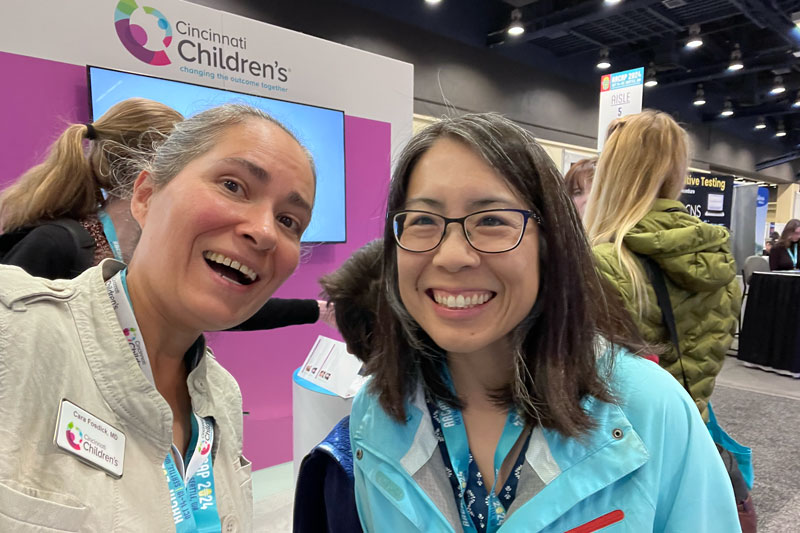
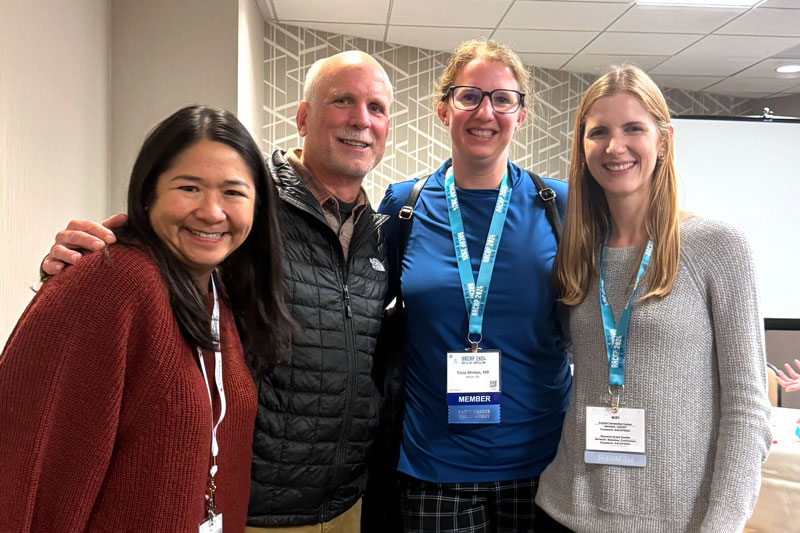
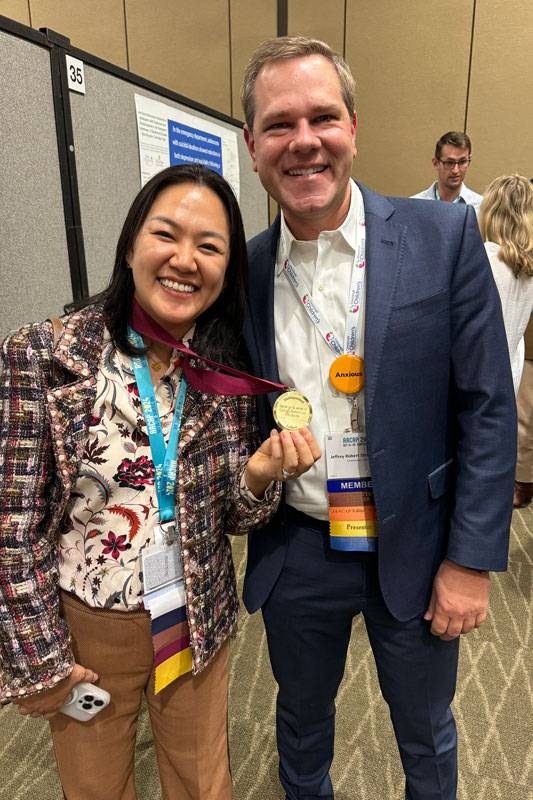
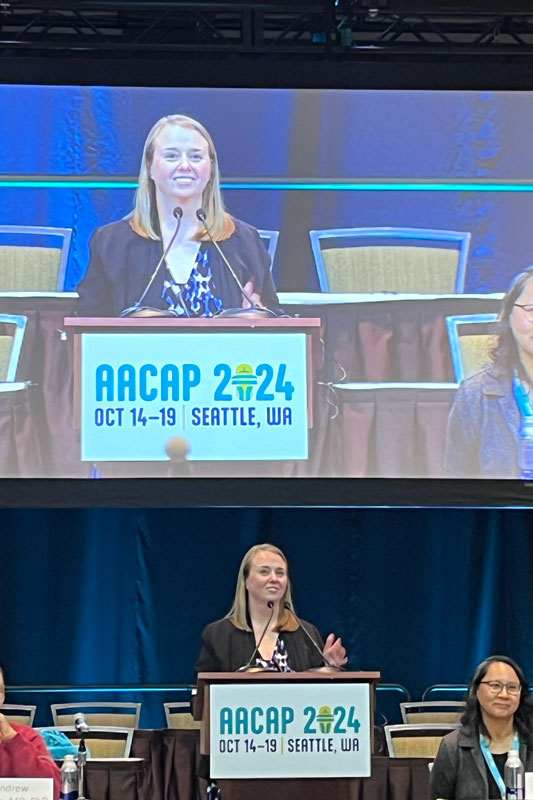
Don’t Miss a Post:
- Subscribe to the Research Horizons Newsletter
- Follow Cincinnati Children’s Research Foundation on X: @cincyresearch

